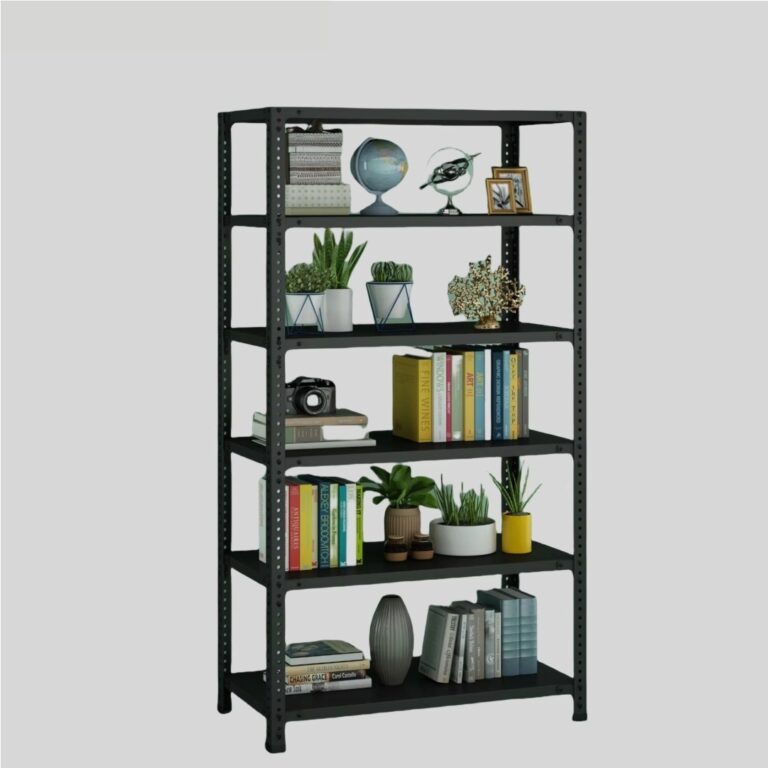When buying a fishing boat, one of the biggest decisions is choosing the right material. Among all options, aluminum fishing boats are very popular because of their durability, lightweight nature, and affordability. But like any boat type, they come with both strengths and weaknesses. If you’re wondering whether an aluminum fishing boat is right for you, let’s break down the pros and cons of aluminum fishing boats in detail.
The Pros of Aluminum Fishing Boats
1. Lightweight and Easy to Tow
One of the biggest advantages of aluminum fishing boats is their light weight. Compared to fiberglass, aluminum is around 30–40% lighter. This makes aluminum boats easier to tow with smaller vehicles, launch at ramps, and move around. Because of the lower weight, they also require smaller engines and deliver better fuel efficiency.
2. Long Lifespan and Durability
Aluminum is extremely strong and durable. Fishing often means hitting logs, rocks, or rough waters, and an aluminum hull can withstand these impacts much better than fiberglass. Even if minor dents occur, the hull rarely cracks — and repairs are much easier and cheaper. With proper care, aluminum boats usually last longer than fiberglass ones.
3. Better Resale Value
Since they’re easy to maintain and hold up well over time, aluminum fishing boats typically have stronger resale value. If you plan to upgrade later, you’ll find that aluminum boats often fetch higher prices on the used market compared to fiberglass models.
4. Easy Maintenance
Aluminum boats don’t need waxing or buffing like fiberglass. Regular rinsing and occasional cleaning is enough to keep them looking good. If repairs are needed, welding or patchwork is quicker and less costly than fiberglass repair.
5. Eco-Friendly Material
Aluminum is recyclable and more eco-friendly compared to fiberglass. If sustainability is important to you, choosing an aluminum fishing boat makes a lot of sense.
6. Resistant to Sun and Fire
Fiberglass can degrade in the sun, while aluminum is much more resistant to UV damage. On top of that, aluminum is non-flammable, unlike fiberglass, which makes it a safer choice in case of onboard fire risks.
The Cons of Aluminum Fishing Boats
1. Noisier on Water
One drawback of aluminum fishing boats is the noise. When waves hit the hull, the sound can echo through the boat. This might disturb your peace and can even scare away fish in shallow waters.
2. Rougher Ride and Handling
Because aluminum boats are lightweight, they don’t cut through waves as smoothly as heavier fiberglass boats. The ride can feel bumpier, especially in choppy conditions. Handling may also feel less stable in strong currents or windy conditions.
3. Corrosion Risks
While aluminum is corrosion-resistant, it’s not completely immune. If you leave your boat in saltwater for long periods without proper care, corrosion can occur. Regular rinsing and protective coatings are necessary to prevent this.
4. Limited Aesthetic Appeal
Some boaters simply prefer the sleek look and shine of fiberglass boats. Aluminum, while practical, may not always win in terms of style or luxury feel.
5. Cold in Winter Months
Since aluminum conducts temperature, the boats tend to get quite cold in chilly weather. Condensation inside the cabin or hull is also a common issue in colder climates.
6. Historical Perception
Older aluminum boats had a reputation for being “cheap” or less reliable. While modern aluminum fishing boats are far superior, some buyers still hold onto this outdated perception.
Final Thoughts
When weighing the pros and cons of aluminum fishing boats, the decision comes down to your fishing style and priorities. If you want a boat that’s lightweight, durable, affordable to maintain, and great for freshwater fishing, aluminum is an excellent choice. However, if you prefer smoother rides, quieter trips, and more stylish looks, fiberglass may suit you better.
At the end of the day, the “best” boat is the one that matches your budget, waters, and fishing needs.



